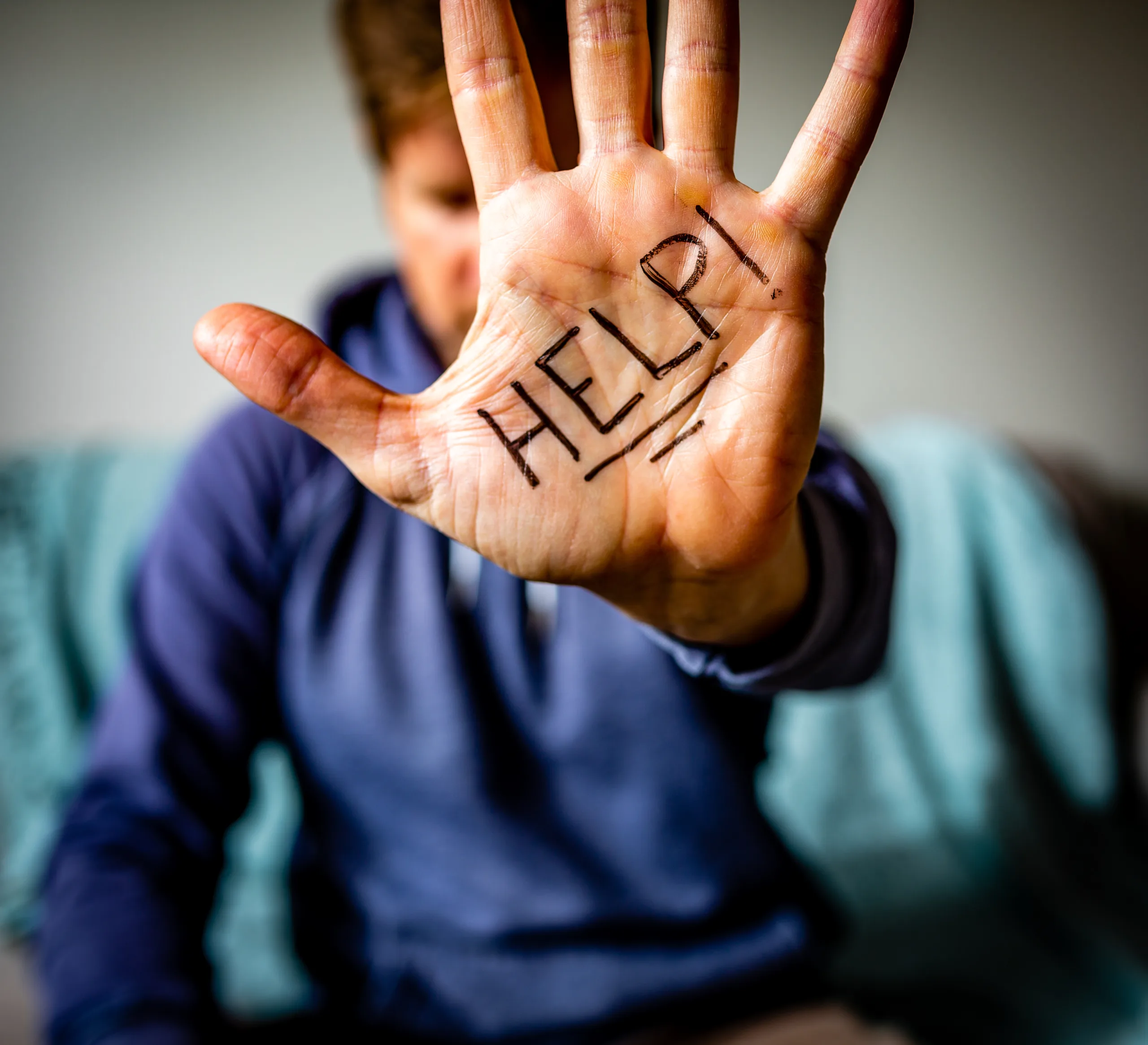Since the opioid crisis began negatively impacting the States, overdose rates have risen dramatically. Men and women who have faced the challenges of addiction have suffered from not only the physical and mental consequences but the constant risk of overdose as well.
Those who battle addiction are at a higher risk of overdosing due to a more prevalent presence of dangerous substances in their lives, but even those who consume prescription opioids regularly may find themselves at risk as well.
Understanding overdose and what happens to the body when an overdose occurs is important for prevention and getting the right treatment if and when it is needed.
What happens to your body when you overdose?
On a very basic level, when you overdose your body systems shut down as a result of being incapable of handling the amount of illicit substances in the body. Usually, breathing is decreased to the point of stopping, and the heart rate drops dangerously low before stopping as well.
Someone may overdose intentionally in a tragic situation of suicide and take a large amount of substances or medication with the intention of shutting down the body. Others, however, may not anticipate an overdose but may cause one if they are not careful about how much they ingest and how often – this can be an especially apparent risk with addicting prescription medications.
As the body becomes more tolerant of certain medications, and even substances like alcohol, it becomes much easier to take larger amounts of the substance to feel the same effects. This tolerance can cause the brain to think it needs greater amounts of the substance; but the body most often cannot tolerate the amount required to reach those dopamine levels – unfortunately, overdose often occurs as a result.
Signs of an overdose
While it is true that overdosing causes an increased amount of damage to the body, physically and mentally, it is possible to prevent an overdose from resulting in death if the overdose is caught in a timely manner and medical help is pursued immediately. Knowing the signs of an overdose can help you get help for a loved one and prevent fatalities from occurring.
Symptoms of an overdose vary greatly based on which substance was at fault.
Signs of an overdose from opioids commonly include:
- Unresponsiveness to stimuli like loud noise, pain or shaking
- Loss of consciousness
- Constricted or pinpoint pupils
- Irregular, labored, slow or stopped breathing
- Making sounds like snoring, choking or gurgling
- Noticing a purple or blue tint to the digits and/or lips
One who overdoses on stimulants may display signs like:
- Hyperventilating or otherwise rapid/irregular breathing
- A dangerously high body temperature
- Rapid or irregular heartbeat
- Heart attack, stroke and/or other signs of a compromised circulatory system
- Panic, paranoia and/or hallucinations
- Signs of uncharacteristic aggression
- Seizures and/or convulsions
An alcohol overdose may present symptoms which include:
- Constricted pupils
- Confusion or delirium
- Loss of consciousness, or otherwise not being responsive to stimuli intended to arouse the individual
- Slowed or stopped heart rate and respiratory rate
- Vomiting
- Skin that feels clammy to the touch and bluish in appearance
- Low body temp
- Seizures
And if one were to overdose on benzodiazepines, symptoms would most likely include:
- Confusion and overall impaired mentation, including difficulty making decisions, forming sentences (slurred speech) and properly presenting oneself
- Decreased or stopped breathing
- Coma
- Overheating and/or excessive sweating
- Nausea
- Hypertension (high blood pressure)
- Chest pains or tightness
- Increased anxiety or paranoia
While not every single one of these symptoms will manifest when an overdose is occurring, and other signs may arise as well, it is always better to err on the side of caution and seek medical attention if an overdose is suspected. Intervention can make all the difference in fatality prevention.
What is the timeline for an overdose death?
As with the symptoms experienced, the timeline for how quickly an overdose occurs is situationally and substance-dependent.
For example, someone who has been taking prescription opioids for a long period of time stops taking them and then resumes use at that same high dose is going to experience greater negative side effects more rapidly. Other factors include whether substances were mixed and how frequently the substance was ingested.
Another example would include someone who is consuming alcohol at a rapid rate and is at a much higher risk of overdosing than someone who is drinking casually. Mixing alcohol with opioids or benzodiazepines is also going to increase risks and stimulate a more rapid overdose.
How can overdose be prevented?
When it comes to legal substances, including alcohol and prescription opioids, moderation is best. Alcohol should be consumed at a rate that does not rapidly increase blood alcohol concentration if it is going to be consumed at all. Prescription opioids should be taken only as prescribed by one’s doctor, and dosing changes should not be done on your own.
Raising awareness of the risks and complications of overdose as well can help with prevention. The more we understand about substance misuse, the more equipped we are to prevent it from occurring.
For more information or to get in touch with a therapist who can help with substance use disorder, contact Freedom Detox online anytime or by calling our offices at 800-475-2312.










